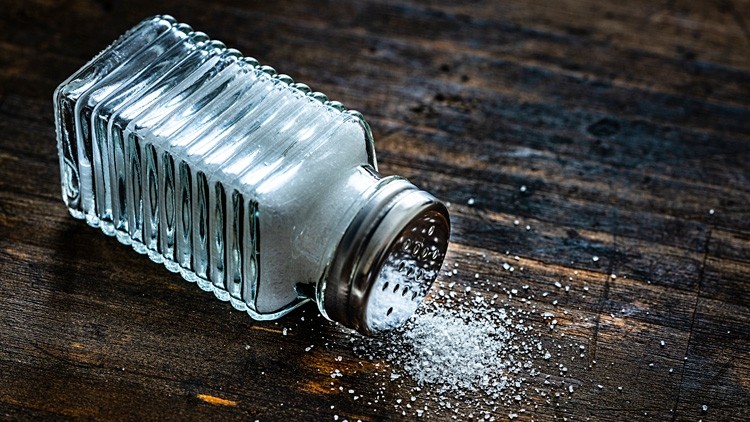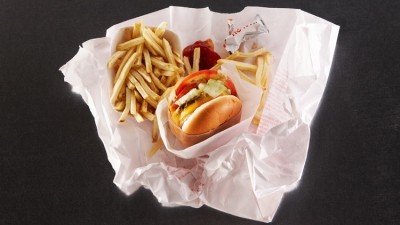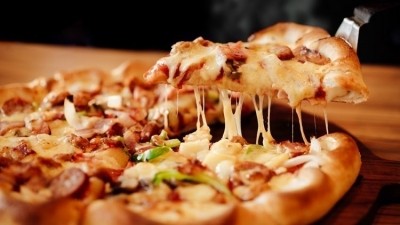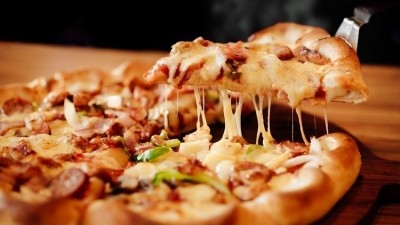National Food Strategy to recommend introduction of 6% salt tax

The report, which will form the second part of Dimbleby's review of the UK food system, is set to be published later this summer, and is expected to examine the food system 'from root to branch' as well as lay out a blueprint for a greener food system.
As part of the review, Dimbleby has also been tasked by the Prime Minister to come up with ways to get Britons to cut down on salt, red meat, saturated fats and sugar.
According to The Sun, sources familiar with drafts of the upcoming National Food Strategy say it suggests a tax of 6% on high-salt content foods, with processed meats such as sausages and bacon hardest hit.
If it were introduced, the levy could see the price of a McDonald’s Big Mac go up by 20p, while a large Domino's Mighty Meaty pizza would rise from £21.99 to £23.31.
The salt tax, which is modelled on the 18p per litre sugar tax introduced in 2018, will force manufacturers to reduce the amount of the seasoning they put in products, it is hoped.
Downing Street has said the report is 'still a piece of work that’s ongoing', but campaigners have demanded plans for a salt tax be killed off immediately.
John O’Connell, chief executive of the TaxPayers’ Alliance, said: “This is yet another case of middle-class meddling that will hit the poorest families hardest.”
Dimbleby, who co-founded healthy fast food chain Leon, was appointed to oversee the National Food Strategy back in 2019.
It was described at the time as being 'the first major review of its kind in nearly 75 years'.
The first part of the review, published last summer, stated that Britain's exit from the European Union gave the nation a 'once-in-a-lifetime opportunity' to reshape its food system.


























